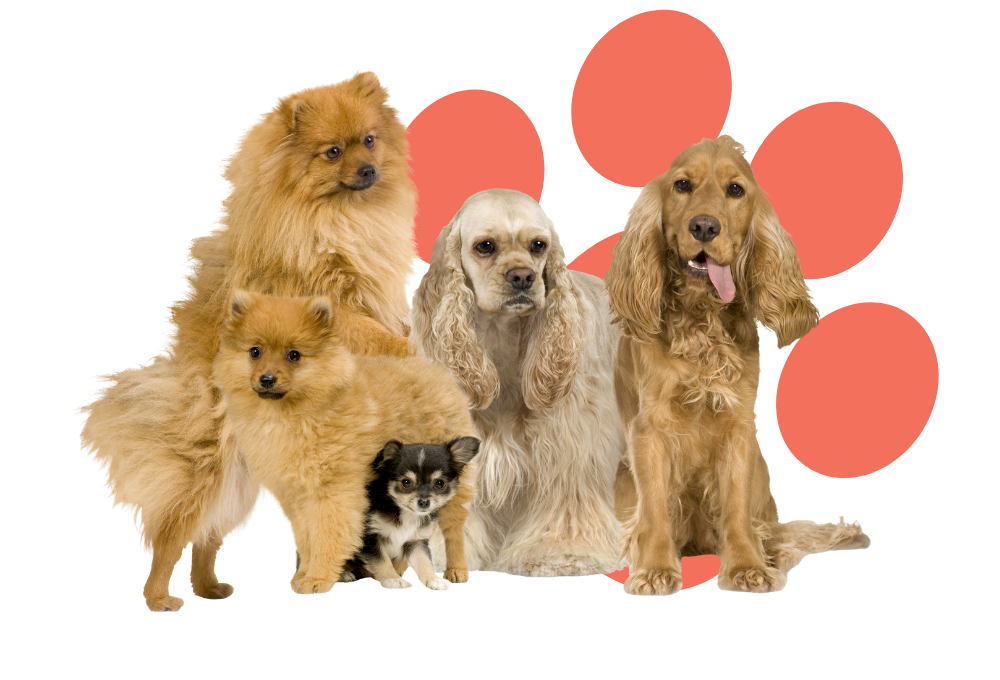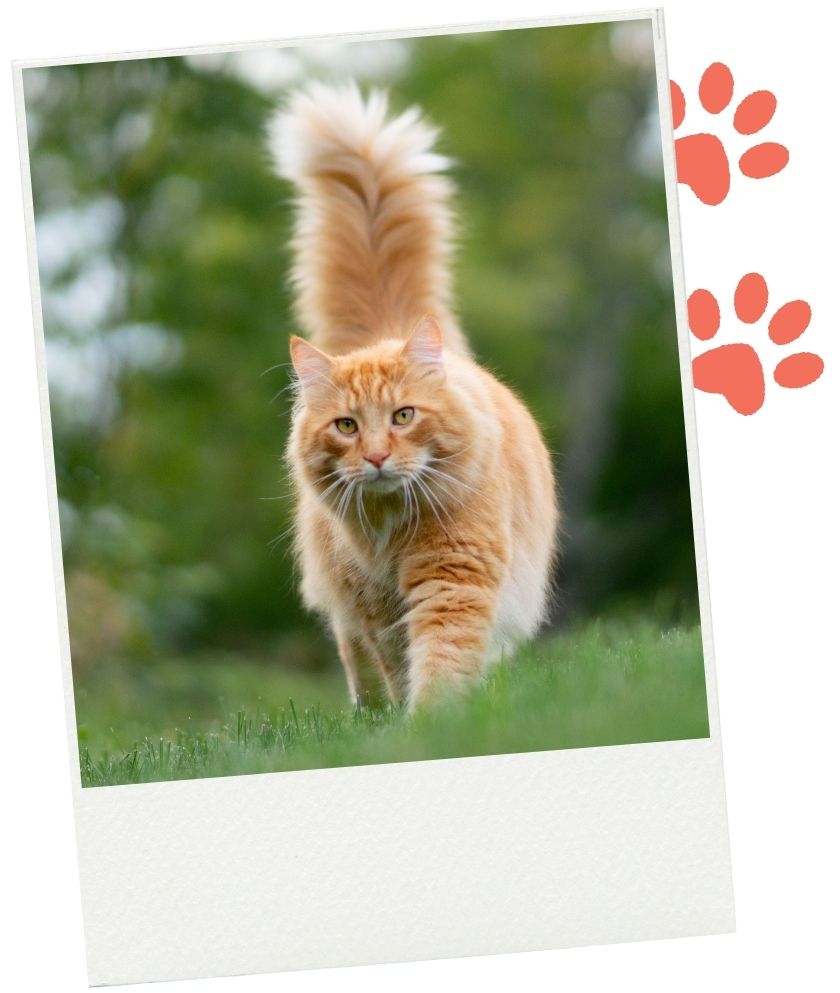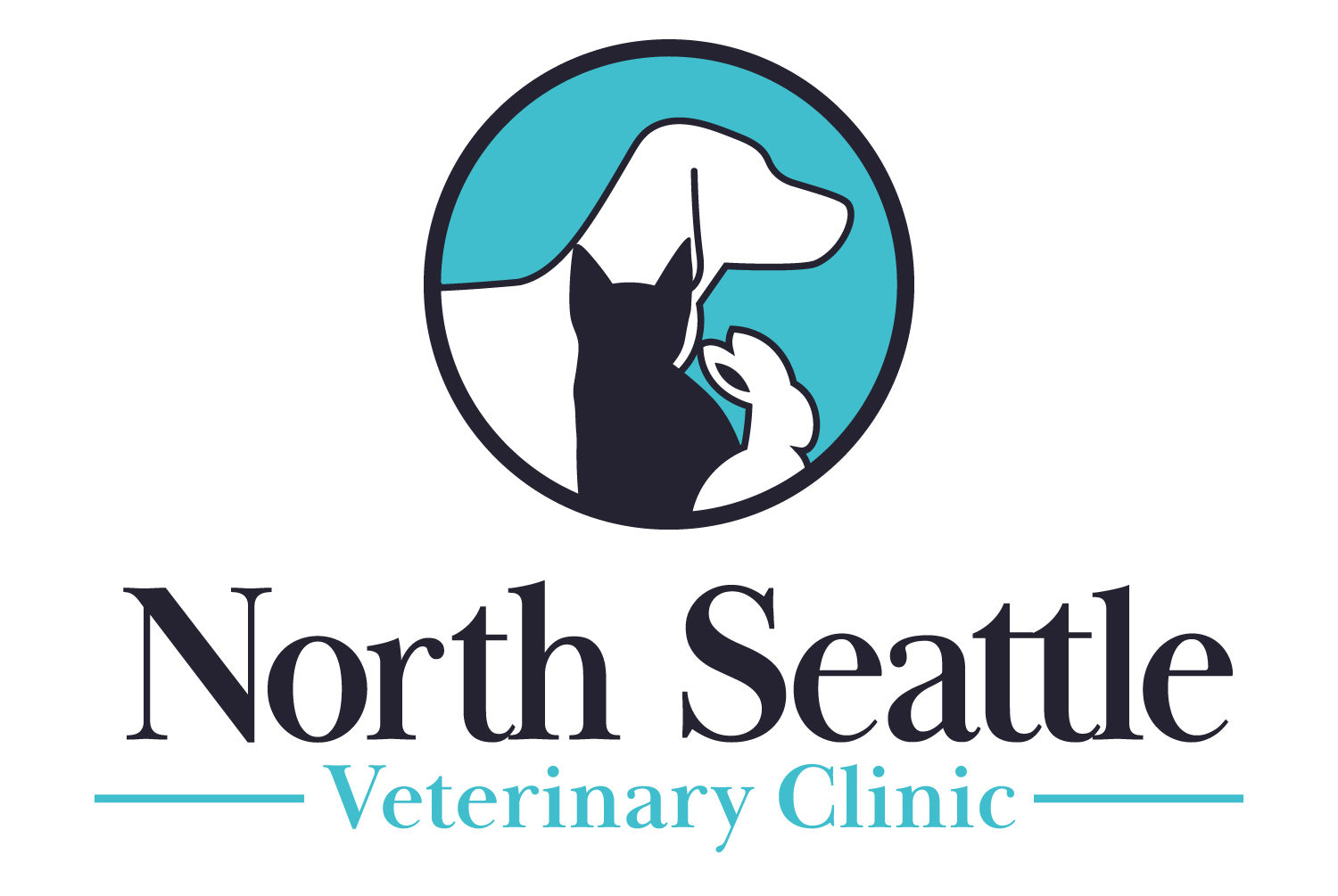Pet Spaying and Neutering Services
As part of our commitment to helping the pets of Seattle and surrounding areas stay healthy, we highly recommend having them spayed or neutered before they’re a year old

Pet Spaying and Neutering at North Seattle Veterinary Clinic
At the North Seattle Veterinary Clinic, our primary goal is to help pets live long, happy, healthy lives. Encouraging our clients to have their pets spayed/neutered is one way we accomplish this goal.
Just as with every other service we offer, we’ll place your pet’s safety at the forefront during surgeries. Consider the following to learn more about spaying and neutering for dogs and cats:
Benefits of Spaying & Neutering
There are many benefits to having your pet spayed/neutered, including:
- Spaying eliminates heat cycles and associated undesirable behaviors.
- Spaying decreases the risk of ovarian cancers and mammary gland tumors.
- Neutering reduces marking, aggression, and other unwanted behaviors.
- Neutering decreases the risk of testicular cancer and prostate problems.
- Spaying/neutering reduces the excess pet population and the number of unwanted pets that are euthanized.
- Spaying/neutering helps more shelter pets find loving homes.
- Spaying/neutering reduces pets’ desire to roam.
Pet Weight Gain Following Surgery
Some pets do gain weight after being spayed or neutered due to a decrease in metabolism. If this is the case for your pet, we recommend that you create additional exercise opportunities for them. This can include more frequent walks for your dog, more vertical space for your cat, and more interactive toys for both. Of course, you’ll want to monitor their diet and caloric intake as well.

Our goal is to provide the best possible care and education so that your furry loved ones may enjoy a long happy life with you.
We consider you and your pets family and look forward to meeting you.
